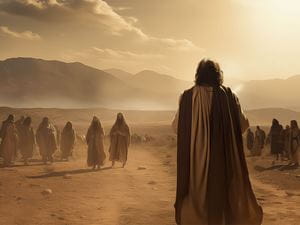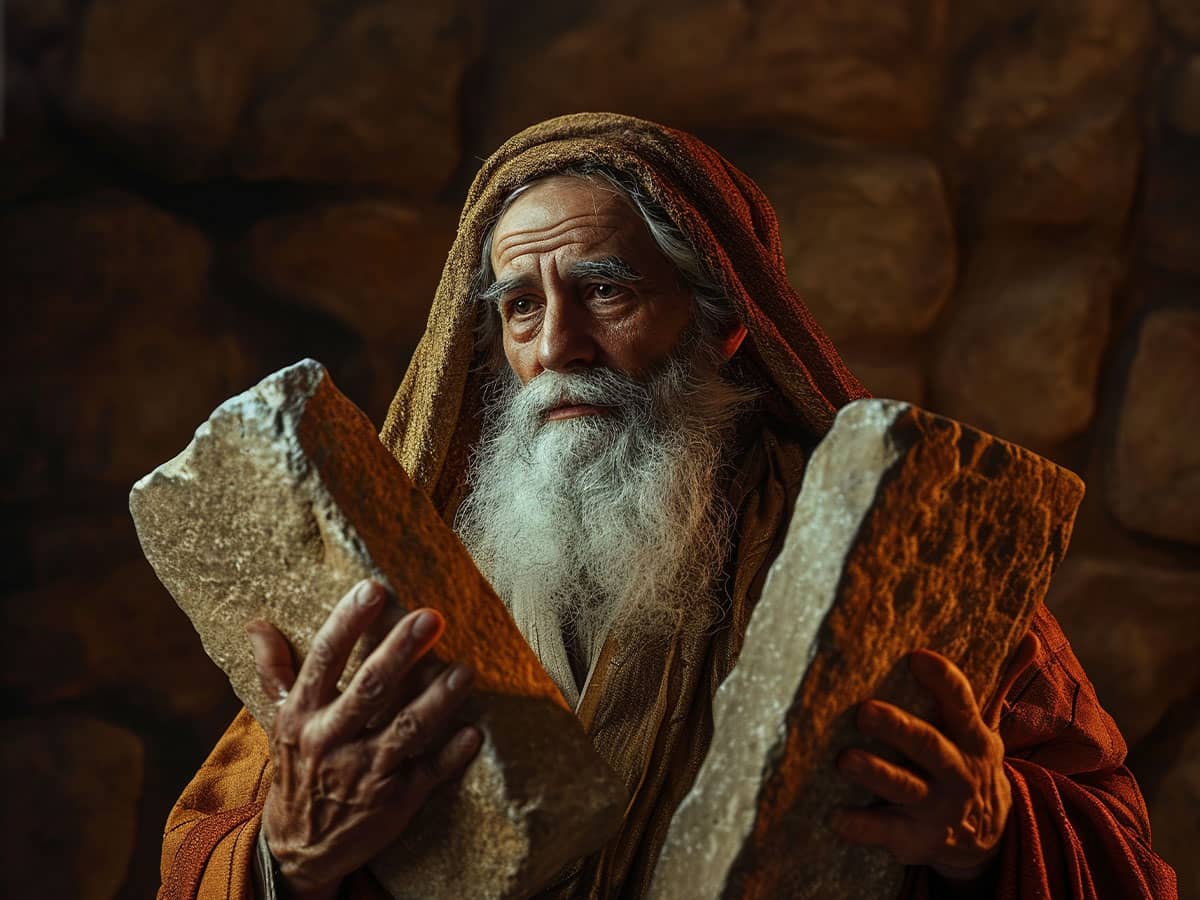
One of the most fascinating concepts in the Bible is the creation of the 12 tribes of Israel, establishing a connection from the old to the new covenant of Christ. Out of the line of Israel, we see 12 tribes established, and then, we see 12 disciples established from various backgrounds. Each tribe had a responsibility and significant role for the nation of God’s people. As we acknowledge the Lord’s plan for His people, we can gain a better understanding of what each tribe is known for.
The 12 tribes of Israel.
The 12 tribes of Israel came from Jacob’s 12 sons, with each tribe named after one of Jacob’s children or grandchildren. When we look at Jacob’s story, we see the Lord choosing to use his broken family for a significant purpose. Jacob was tricked into marrying Leah, then married her sister, Rachel, and then the women fought over who could produce children to the point of giving their servants Zilpah and Bilhah to their husband.
From these four women in a challenging life situation came the 12 tribes of Israel. Let’s examine the sons of Israel, or Jacob, in order, what their names mean, and what each tribe is known for.
Reuben.
Reuben’s tribe had territory east of the Dead Sea. They weren’t blessed like they could’ve been because Reuben sinned against his father with Bilhah, as detailed in Genesis 35:22.
Simeon.
Simeon’s tribe had territory far west of the Dead Sea. Because Levi and Simeon took out their anger in violence when trying to avenge their sister, Dinah, Genesis 49:5-7 tells us that the brothers were punished by being scattered.
Levi.
Levi’s tribe was a group of priests in Israel. Levi was also punished due to his violence with Simeon and told that his tribe would be scattered. Levi’s tribe was different from the others because they were priests and not counted in Israel’s census, as explained in Numbers 1:49. Moses’ brother, Aaron, led the Levitical priests. The Levites were set apart for a unique purpose: to serve their lives in ministry to God.
Judah.
Judah was a redemptive character because although he didn’t want to kill Joseph, selling Joseph into slavery was his idea, as detailed in Genesis 37. Then, he was the brother who wouldn’t leave Benjamin, but Jacob significantly blessed Judah’s tribe. Jacob gave him the blessing of royalty because Jesus, the Savior, would come from Judah’s line, according to Matthew 1:3. Judah’s territory was the southwest region.
Genesis 49:16-18 describes Dan’s tribe as providing justice for the nation. His tribe was located east of the Meditteranean.
Naphtali.
Naphtali’s tribe, located north of Galilee, produced freedom and beauty according to Genesis 49:21.
Gad.
Gad’s tribe, located east of the Jordan River, was said to be attacked by raiders, but Genesis 49:19 tells us that they eventually attacked back.
Asher.
Genesis 49:20 tells us that Asher’s food was said to be rich. Asher’s tribe was located northwest of the Mediterranean.
Issachar.
Issachar’s tribe was located southwest of Galilee in northwest Israel. Genesis 49:14-15 tells us that Jacob described him as a lying down donkey and said they’d do forced labor.
Zebulon.
Zebulon’s tribe was located on the northeast side of Israel. Genesis 49:13 tells us they were blessed to live close to the seashore as a haven for ships.
Manasseh.
Manasseh was Joseph’s oldest son. Genesis 48:13-22 tells us that Joseph’s tribe was broken into two names after his sons. Manasseh was given the most land and was placed over the Jordan River.
Ephraim.
Ephraim was Joseph’s second-born son. His land was situated south of Manasseh’s and west of the Jordan River. However, Ephraim was blessed with Jacob’s right hand instead of his older brother. Jacob went against tradition by giving Ephraim a more significant blessing. Jacob gave Ephraim and Manasseh the ridge from the Amorites.
Benjamin.
The name Benjamin means “son of the right hand” or “son of the south.” Genesis 49:27 says his tribe is described as conquerors and ravenous wolves. Benjamin’s land was situated south of Ephraim and the Jordan River and north of Judah and the Dead Sea.
Why did God choose these tribes?
When we discuss God being the “God of Isaac, Abraham, and Jacob,” these men are known as the patriarchs of the faith. These three men had one calling: to make a great nation for God’s glory. The 12 tribes were chosen because they were from Abraham’s line and because they were the beginning of the nation of Israel. When we think about the purpose of these tribes of Israel to become a nation that outnumbers the stars, we connect to the disciples who were sent to spread the gospel throughout the world. Both instances were linked to the building of God’s family.
What happened to the 12 tribes?
The 12 tribes of Israel eventually split into a northern and southern region. When the nation split into two kingdoms after Solomon’s death, Judah remained faithful to David. The southern kingdom consisted only of Benjamin and Judah’s tribe and became the kingdom of Judah, with Jerusalem as the capital. Bethlehem, where Jesus was born, was located in Judah. Because of attacks from outside nations, the only two official countries left today include Judah and Israel. Others have overtaken many of the lands that belonged to the tribes.
Why should Christians know about these tribes?
It’s essential that Christians know the history of the founders of our faith. The Messiah came from the line of Judah, so we should celebrate the work and honor Israel’s history. In the Abrahamic Covenant, God promised to bless those who bless Israel and dishonor those who curse them. As we explore the history of the 12 tribes of Israel, we can learn of the ultimate redemption plan of Jesus, who would one day come from this nation.

